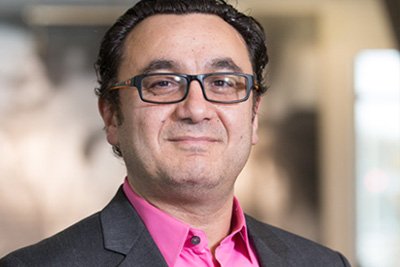Malaz Boustani, M.D., MPH, detailed his career journey and his work in the areas of brain care research and implementation science on the podcast Outcomes Rocket. Dr. Boustani is a research scientist at Regenstrief Institute in Indianapolis, the founding director of the Center for Health Innovation and Implementation Science and associate director of the Indiana University Center for Aging Research at Regenstrief Institute.
Dr. Boustani shared with the podcast’s host how his desire to protect his brain and the brains of his family led him into healthcare research. He explained that he expanded his career focus include implementation science because he wanted everyone to benefit from research discoveries.
During the interview, Dr. Boustani also spoke about the Indiana University School of Medicine’s graduate certificate designed to create change agents in healthcare settings around the country.
Outcomes Rocket features successful healthcare leaders and influencers. Its goal is to inspire collaborative thinking to solve problems and create solutions to make healthcare better.
Listen to the entire interview below:
Dr. Boustani is the Richard M. Fairbanks Professor in Aging Research, IU School of Medicine.










